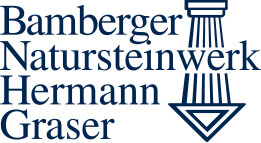Epprechtstein Granit, grau-gelb
grey-yellow granite

“Epprechtstein Granit” is particularly prized for its uses in natural stonework thanks to its proven quality and its distinctive colour and texture. Numerous historical buildings bear witness to this. The good physical and technical properties of this stone allow almost unlimited interior and exterior applications. Its tested and certified frost-salt resistance is another significant asset.
The Epprechtstein quarry has been in operation for several centuries. It is one of few quarries in Germany from which grey and yellowish granite can still be sourced today.
Regional “Epprechtstein Granit” is a highly sustainable building material.
SURFACE FINISHES









Specifications
Further trading names
Epprechtstein Granit, Fichtelgebirgsgranit
Petrographic classification
GraniteDescription
Light-coloured, grey, grey-yellow to yellow medium-grained biotite muscovite granite from the Upper Carboniferous formation in the “Fichtelgebirge”.
Mineralogical composition
Alkali feldspar (ca. 35%), quartz (ca. 32%), plagioclase feldspar (ca. 24%), biotite and chlorites (ca. 3%), muscovite (ca. 4,5%) and accessory minerals (ca. 1,5%)
Structure
Medium-grained, grey to pale yellow or yellow granite with a well-graded structure, grainy texture. Occasional minor grain size variations and black biotite nests.
Petrographic identification:
Medium-grained, grey to pale yellow or yellow granite with black biotite nests and a randomly oriented, grainy texture.
Grain colours
| Biotite: | black |
| Feldspar: | beige, white to a pale pinkish-white, partly pink |
| Quartz: | translucent light-grey |
Proof and confirmation of suitability by EC declaration of conformity, as well as CE marking available. We will be happy to provide you project related with references, test reports and further information.
The displayed stone samples illustrate the kind of material extracted from the quarry in question. As a natural material, stone is subject to variations in colour, texture and grain structure. It can also have natural inclusions, markings or veining. A typical stone patina may develop due to material-related or environmental influences.




